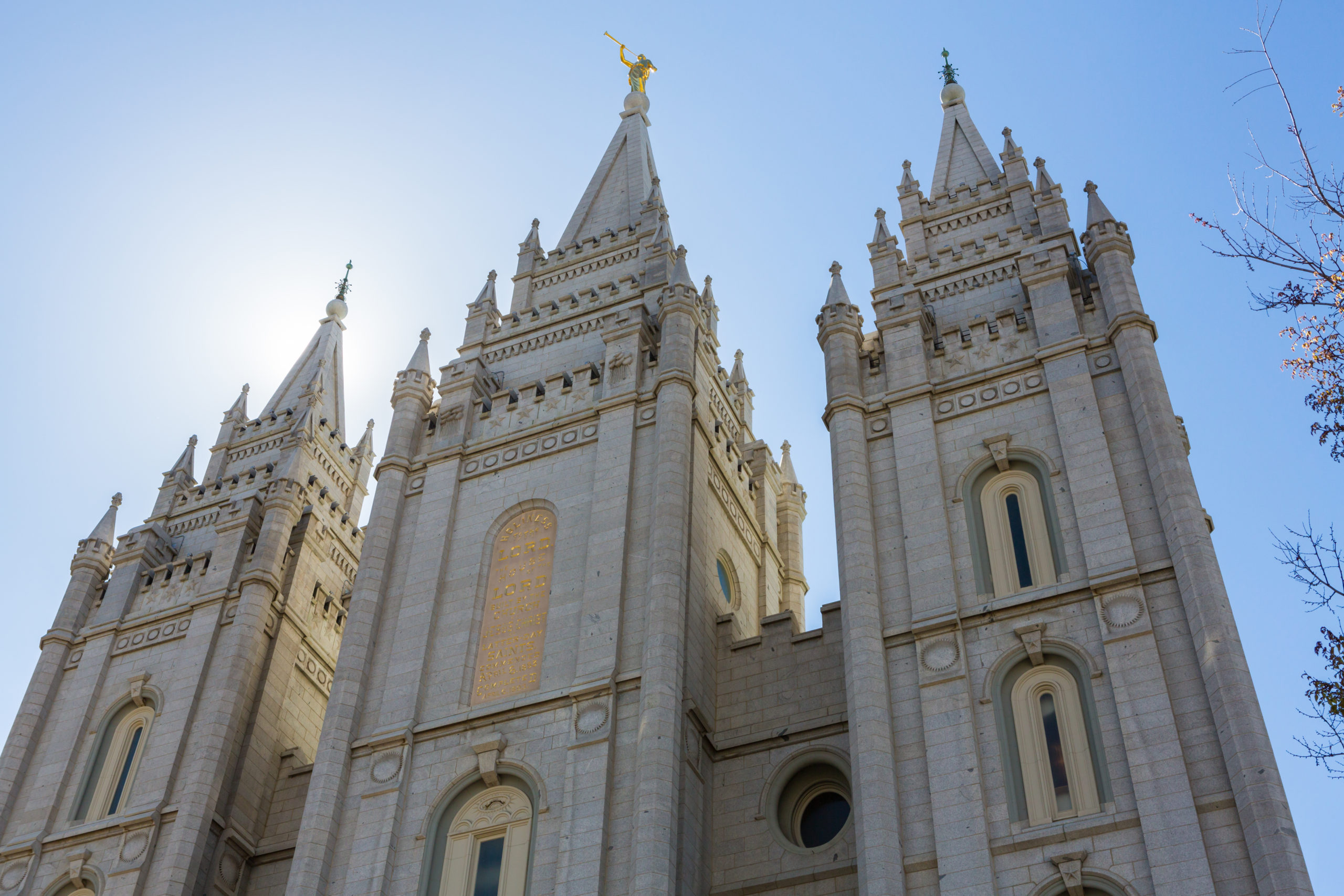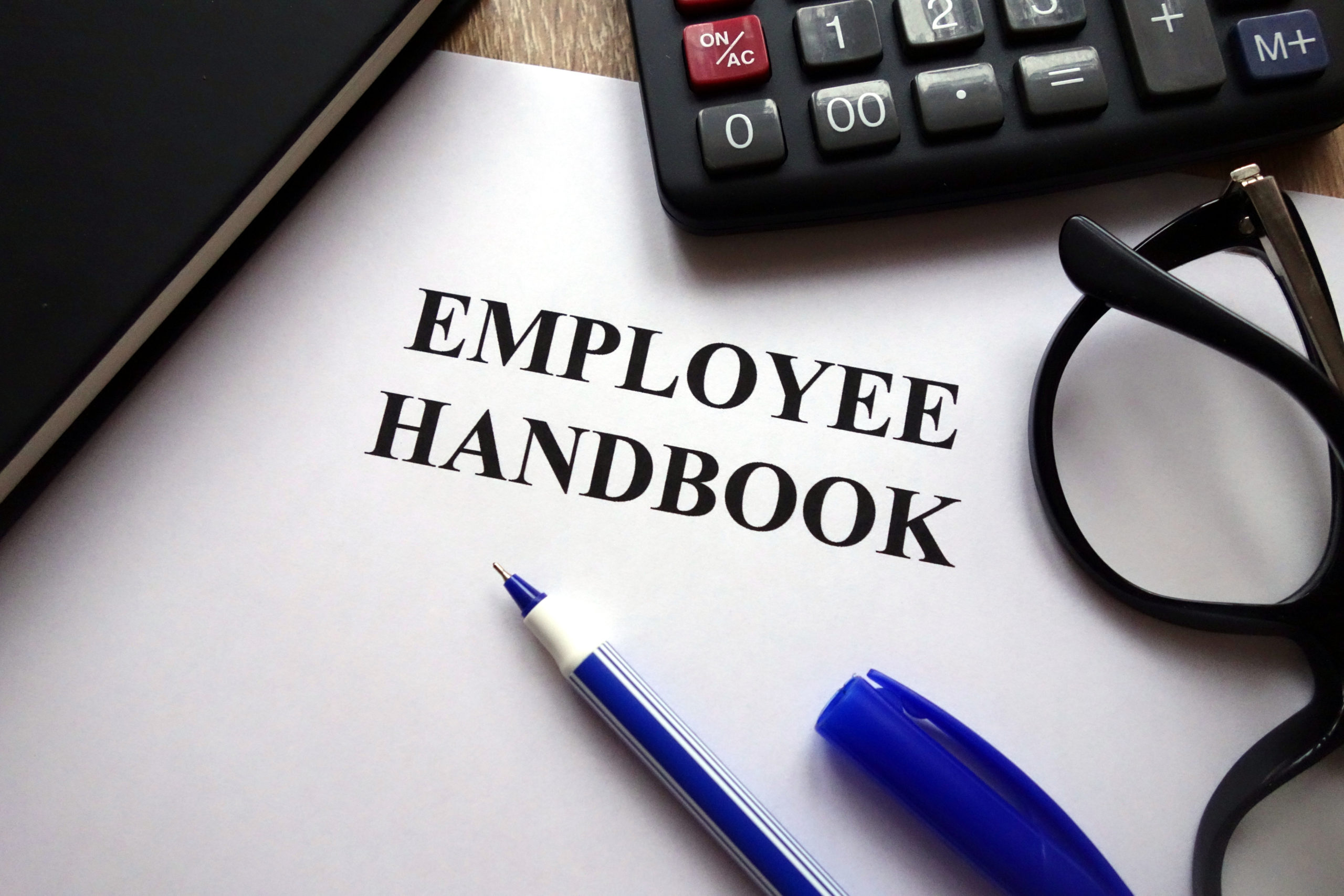According to the First Amendment to the United States Constitution, we have the right to freedom of religion. This means you can practice any religion you want, or no religion at all. Considered one of the cornerstones of our Constitutional Republic, the First Amendment bans the government from establishing a certain religion as the official religious dogma of the country.
What the First Amendment to the United States Constitution does not do is ban discriminatory practices of religion in the workplace.
It took the passage of the Civil Rights Act of 1964 to protect the religious beliefs of Americans in the workplace. In California, the Fair Employment and Housing Act (FEHA) is the law that prohibits employers from discriminating against a worker because of religion. Many legal scholars consider FEHA to provide stronger protections for workers against discriminatory practices in the workplace than the anti-discrimination provisions written into the Civil Rights Act of 1964.
How the FEHA Protects Workers Against Religious Discrimination
One of the reasons why many legal scholars believe the FEHA grants workers stronger protections against religious discrimination in the workplace is because the California discrimination law specifies the type of discrimination that is considered unlawful.
An employer cannot discriminate against you by refusing to hire you because of your religious beliefs. Employers break California law by refusing to choose a worker to enter a company-sponsored training program, as well a terminate an employee for religious reasons. The FEHA makes it illegal for employers to discriminate against workers by paying less compensation and/or by enforcing discriminatory conditions of employment based on religion.
Religious discrimination in California covers virtually every facet of a religious belief or practice.
According to the FEHA, religious discrimination covers the following aspects of religion:
- Belief
- Creed
- Observance
- Worship
- Attire
- Grooming practices

California employment discrimination law also forbids unions and other types of labor organizations from restricting and excluding membership based on religious reasons.
How to Know When You Face Discrimination Because of Religion
Some types of religious discrimination are relatively easy to spot. For example, if you have the professional credentials to succeed in a certain job, the failure by an employer to hire you might constitute religious discrimination if you showed up to an interview dressed in religious clothing. Another telltale sign of religious discrimination involves receiving notice that your employer has cut your job from payroll shortly after informing your employer you need a couple of days off to observe a religious holiday.
Here are several other signs that your employer discriminates against you because of religious reasons:
- Demotion
- Less pay than other workers in the same position
- Reduction in salary
- Denied promotion
- Denied benefits such as health insurance coverage
- Harassment of any kind
Filing a Complaint of Religious Discrimination
In most cases of religious discrimination, the FEHA offers stronger legal protections than the legal protections offered by federal employment discrimination statutes. To submit a complaint of religious discrimination with the FEHA, you have three years after the last incident of religious discrimination to submit a pre-complaint inquiry with the California Department of Fair Employment and Housing. You can submit the pre-complaint inquiry online at the DFEH website or by calling the state agency.
California employees must first go through the administrative process for dealing with religious discrimination before filing a civil lawsuit against an employer. Whether you file a complaint with the DFEH or the Equal Employment Opportunity Commission (EEOC), you have to wait for a right to sue notice before you can take your complaint to a civil court hearing. The only circumstance that warrants taking a religious discrimination complaint into the California legal system is if you have retained an attorney for legal counsel.
If you win a religious discrimination in the workplace lawsuit, you might receive monetary damages such as a higher salary, more benefits, and back pay from losing your job. Monetary damages can also include compensation due to physical distress and/or emotional pain and suffering.
Contact a California Employment Lawyer
Working with a California-licensed employment discrimination attorney ensures you get professional legal advice on how to proceed with a complaint of religious discrimination. Your employer most likely has a team of highly-skilled attorney on payroll to fight any charges of discrimination in the workplace, which means you should retain legal counsel to balance the scales of justice. Your lawyer can help you collect and organize the documents you need to persuade a civil court judge that you endured religious discrimination in the workplace. Legal counsel is also recommended to help you meet every filing deadline.





